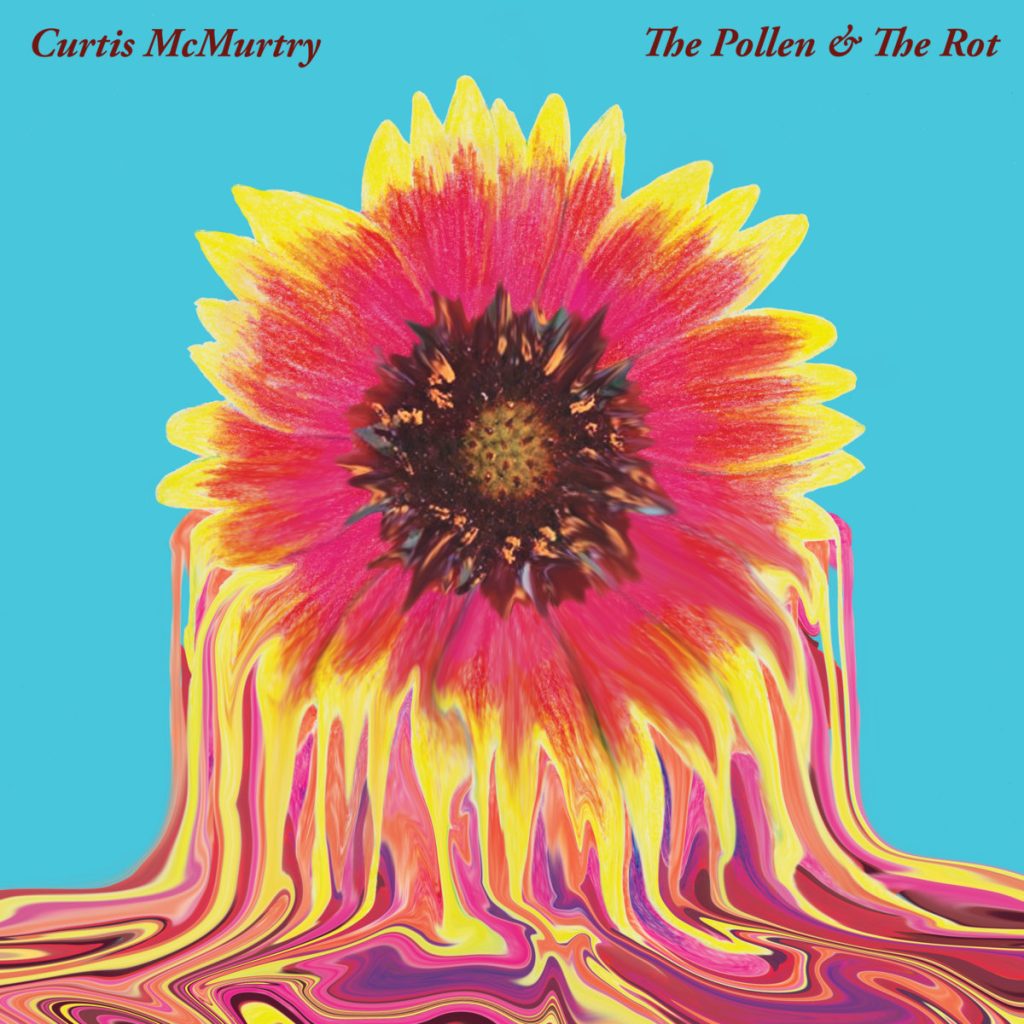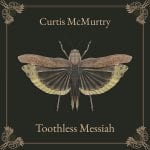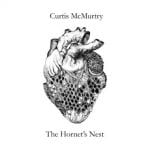ALBUM REVIEW: On ‘The Pollen & The Rot,’ Curtis McMurtry Looks Beyond Spring’s Flowers

It’s one thing to write songs about jerks. It’s another to fully inhabit them, willfully and convincingly becoming an unlikable narrator. That only works if the songs are enormously likable. And Austin singer-songwriter Curtis McMurtry once again strikes that balance on his fourth album, The Pollen & The Rot.
The Pollen & The Rot is the first in a planned series of four albums with songs representing seasons, starting off in spring. And while that’s been done before (looking at you, Vivaldi), it hasn’t been done like this. Spring, in McMurtry’s imagining, isn’t the usual flowers and hope and rejoicing. Here, it’s mostly horny, indulgent, and looking to start shit.
Songs like “Lover, We’ll Never Be Friends,” “Maenads,” and “Don’t Be Surprised” celebrate carnal pleasures, but bring along some serious baggage. “Last in Line” is a sneering #sorrynotsorry from the 1%. “Who can tell if I’m the apple or the snake,” the narrator asks with a shrug. “The world burns a little faster with every breath I take.” It’s infuriating, mostly because it’s accurate. And it’s catchy. Only McMurtry could build a hook around a chorus like “I’m gonna take what’s mine / Sorry if you’re last in line / Life’s not fair, I’m not to blame / God doesn’t love us all the same.”
Where God’s love tends to fail, at least as interpreted by His followers, McMurtry gladly fills in the gaps. “You-niverse” is a call to celebrate the self: “Free yourself of every shame,” it beckons. “Change your body / Change your name / Leave the zealots in the past / Let your faith evolve at last.” “Devour the Divine” offers a similar embrace, but with an edge: “Calling all my fellow sinners,” McMurtry sings over a bouncy groove to kick off the chorus, leading up to an invitation to “come devour the divine.”
McMurtry takes aim at more secular failings, too, drawing a line between the old guard and a new generation in the title song. “We will grow without your guidance / we will rise without your weight,” he promises, giving no quarter to billionaires or “heroes of the past.” Flamenco-inspired handclaps, slaps, and body percussion add some whimsy to the deadly serious song, as well as a populist feel that suits its spirit.
The Pollen & The Rot extends McMurtry’s catalog of what he terms “bisexual spite pop,” enhanced by instrumentation that taps into his training in jazz and classical composing. McMurtry’s longtime musical partner Diana Burgess returns with sublime vocal harmonies as well as cello parts both sweet and sultry. Sterling Steffen’s saxophone offers delightful punctuation on several songs, and it all fits just fine alongside the occasional wail of a pedal steel.
Spring, as it turns out, is as fertile for songwriting as it is for flowers. Count on McMurtry to look beyond the blooms to find beauty, as well as warning, in both the pollen and the rot.
Curtis McMurtry’s The Pollen & The Rot is out May 31.





